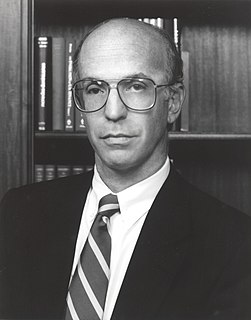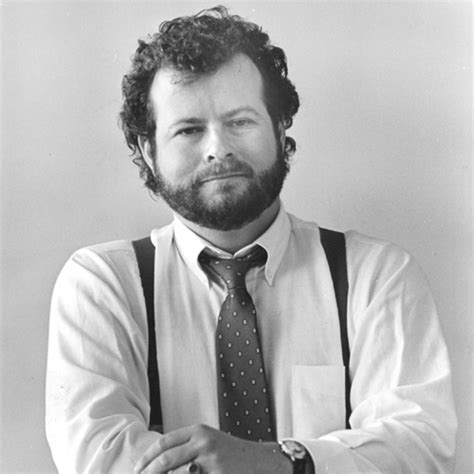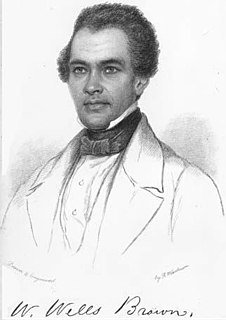A Quote by Alan Blinder
The last duty of a central banker is to tell the public the truth.
Related Quotes
Our loyalty is due entirely to the United States. It is due to the President only and exactly to the degree in which he efficiently serves the United States. It is our duty to support him when he serves the United States well. It is our duty to oppose him when he serves it badly. This is true about Mr. Wilson now and it has been true about all our Presidents in the past. It is our duty at all times to tell the truth about the President and about every one else, save in the cases where to tell the truth at the moment would benefit the public enemy.
Sometimes I don't tell the truth, which is telling the truth about not telling the truth. I think people don't tell the truth when they're afraid that something bad's going to happen if they tell the truth. I say things all the time that I could really get into trouble for, but they kind of blow over.
3 people get stranded on a remote Island A Banker, a Daily Mail reader & an Asylum seeker All they have to eat is a box of 10 Mars bars The Banker says "Because of my expertise in asset management, I''ll look after our resources" The other 2 agree So the Banker opens the box, gobbles down 9 of the Mars bars and hands the last one to the Daily Mail reader He then says " I'd keep an eye on that Asylum seeker, he's after your Mars Bar
Reality is a state of mind. To the banker, the money in his ledger book is all very real, though he doesn't actually see it or touch it. But to the Brahma, it simply doesn't exist the way the air and the earth, pain and loss do. To him, the banker's reality is folly. To the banker, the Brahma's ideas are as inconsequential as dust.




































